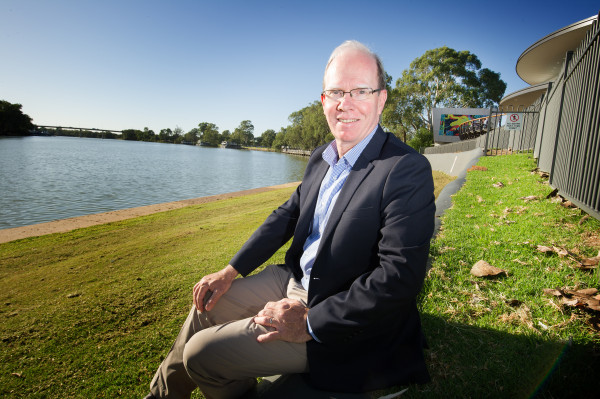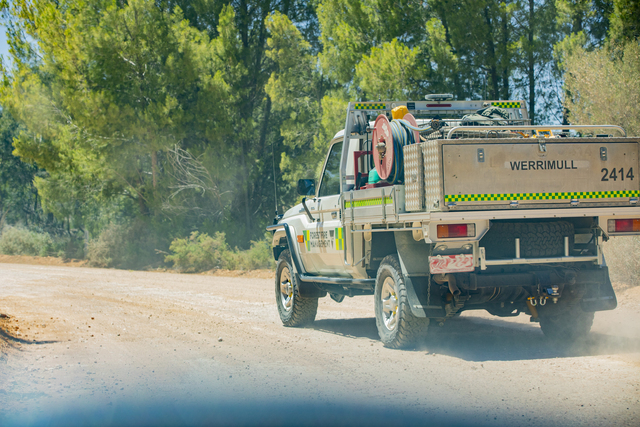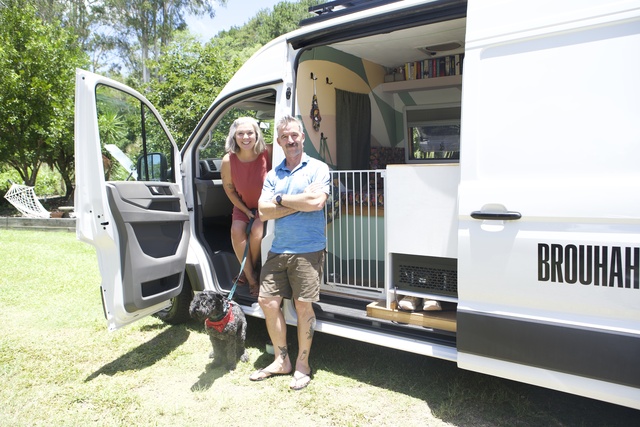MEDICINAL cannabis company Cann Group expects to create 40 more jobs in Mildura as production comes online at the end of the year.
To get there, it is again rattling the tin, announcing on Monday it hoped to sell heavily-discounted shares to raise $20 million.
The funds will be used to improve Cann’s in-house extraction, laboratory and manufacturing capabilities to reduce its reliance on third-party manufacturers and service providers.
The company’s share price dropped to record lows on Friday in response to the announcement, with shares in the capital raising to be sold at the bargain-basement price of 27.5 cents each, a long way below the company’s high of 90 cents in February.
It is not the first time the company has gone to the market for funds. It employed a similar strategy in August to raise $40 million.
Cann Group had been plagued by supply chain issues related to the pandemic, chief executive Peter Crock said, including delays on shipments to Europe, which had caused its revenue forecasts to be downgraded multiple times this quarter.
“We faced some lengthy delays,” he said.
“The major revenue that was delayed in the last financial year was exports into Germany.
“There’s no doubt that COVID impacted timelines of (regulatory) applications being processed through through both ends.
“They are delayed sales, not lost sales.
“Importantly, we got through all of the steps that were required and successfully have product now available in the German market.”
Mr Crock said the Mildura site was “well advanced”.
“We’ll have plants in the facility by the end of this year,” he said.
The company recently bought Europe-based company Satipharm for $5.9 million to increase its manufacturing capability.
“But with recent scope changes, that’s where we’ve raised some additional capital to expand the scope of what we’re doing with the project,” he said.
The company was now working with Australian authorities to “streamline” Australian drug laws in line with European requirements.
Australian laws were “very conservative”, Mr Crock said.
It was a “frustration” that “the requirements for imported products was at a lower threshold than what we needed to do here in Australia,” he said.








